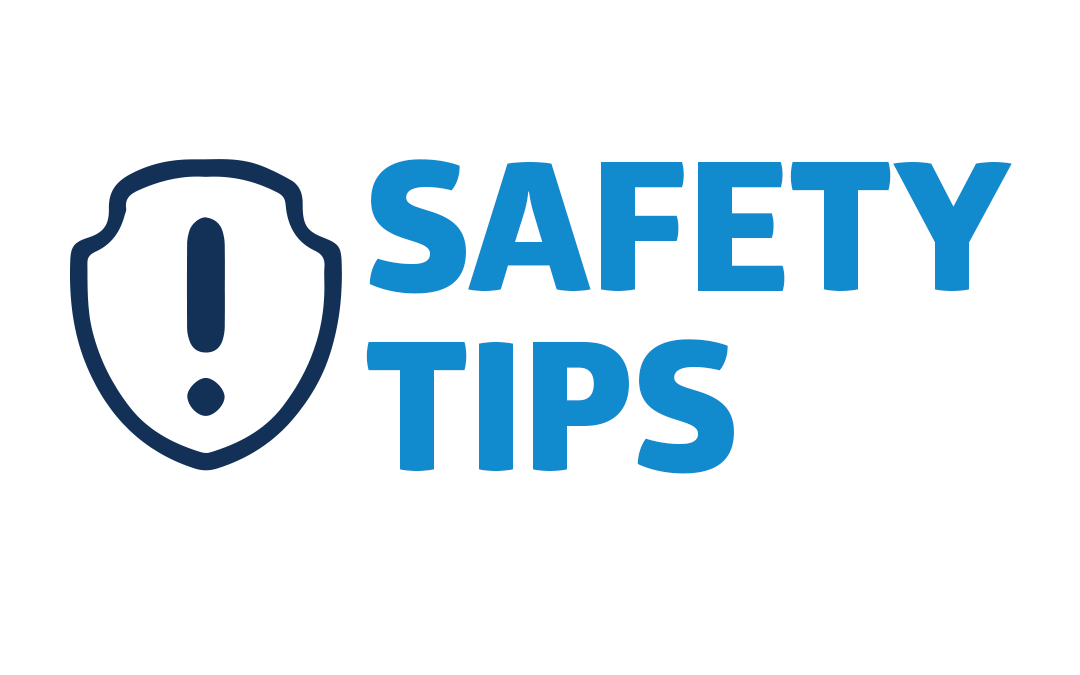By Veronica Baxter
According to credit agency Equifax, identity theft is the most common form of financial fraud. A victim’s personal information is stolen in order to access existing credit and bank accounts and to open new credit accounts.
This article will explain how identity theft happens, how you can prevent identity theft, and what to do if your identity is stolen.
How You Expose Yourself to Potential Financial Fraud
Prior to the prevalence of virtual banking and shopping online, identity theft occurred when someone stole physical documents, such as mail or the contents of a wallet, and used the information contained therein to access existing accounts or open new accounts.
Personal information can also be stolen via fraudulent phone calls, where the caller impersonates someone from a trusted source and convinces you to disclose your password, social security number, or other sensitive information.
Doing business and making purchases online, while convenient, opens the door to financial fraud in the form of:
- Hacking into bank and credit accounts online;
- “Phishing,” or sending emails that appear to be from a trusted source asking for identifying information;
- Using passwords to make purchases online, where the account holder has saved their banking or credit card information with that vendor.
What You Can Do to Protect Yourself From Identity Theft
View Your Three Credit Reports
You are entitled to free copies of your credit reports annually. You can obtain your credit reports online or by writing to each of the three credit agencies Equifax, Experian, and TransUnion.
Once you receive your reports, scrutinize them carefully. Are there any accounts or lines of credit you do not recognize? Contact that creditor and cancel that account, and report this to the credit agency.
At this point, you have the option to place a one-year fraud alert on your credit. You can also place a security freeze on your credit, which prevents the opening of any new accounts.
Change All Passwords
Unfortunately, people are inclined to use passwords they can remember easily and use the same password on multiple websites. As you might imagine, these practices make passwords easier to steal.
You can make existing passwords more secure by adding characters such as numbers or ? or #, or capitalizing some of the letters. Even better would be to allow your browser to create a random password and remember it for you. This is an option only if you have a password-protected computer that only you use. Do not allow a browser to save passwords if your computer is not secure.
Monitor Your Bank and Credit Accounts
If you still receive paper statements, look at them carefully each month. Thieves often make small withdrawals or charges to see if you will notice, and if you do not, they will escalate the theft to a more substantial amount.
Inform your bank or lending institution if you find unauthorized withdrawals or charges and dispute them. You might consider setting up text or email alerts when credit card purchases are made, or when withdrawals over a certain amount are made from bank accounts. The instructions on how to do this are on the websites of your financial institutions.
Do Not Use Unsecured Wireless Networks or Public Computers to Make Purchases or for Banking
Many people use public computers such as those available at school or their local library. These are not password-protected and should never be used for banking or when making purchases online, because if you leave your browser open or the browsing history is saved, the next user can access whatever pages you accessed.
You should also avoid making financial transactions over public wireless networks, such as those available in coffee shops and hotels, because your information can be easily intercepted and stolen.
Make Copies of Everything in Your Wallet
This article has focused on virtual identity theft, but keep in mind that physical theft still happens and you must safeguard against that. If your wallet or purse is stolen, you need a way to quickly contact all of the financial institutions backing the stolen cards. Having a copy of the front and back of every credit card, as well as any identification such as a driver’s license, will be of great help.
Steps to Take if You Suspect You’ve Been a Victim of Identity Theft
Inform the Affected Financial Institutions or Vendor
Because you have taken all of the steps above, you will know who to contact to inform of the unauthorized withdrawal, charge, or opening of a line of credit. Call or email them immediately with the details of the suspected fraud.
File a Claim with the Credit Card or Banking Institution or Dispute the Charge
Depending upon what sort of fraud occurred, you will need to take the following action:
- Dispute the unauthorized credit card charge;
- File a claim with the bank for the amount of the unauthorized withdrawal;
- Close the unauthorized line of credit.
Inform the Authorities
You should file a police report with your local police department. You should also report identity theft to the Federal Trade Commission (FTC) by calling them at 1-877-438-4338 or emailing them at http://www.consumer.ftc.gov/features/feature-0014-identity-theft.
Many credit card companies will require a copy of a police report, so be sure to file one.
Cooperate with Any Investigation
Either the financial institution, the local authorities, or the FTC will investigate your identity theft and will likely require you to provide an account of the theft. Be sure to provide them with anything they need.
If you’ve taken these steps, know that you have limited liability for fraudulent debts caused by identity theft. Under most state laws, you’re not responsible for any debt incurred on fraudulent new accounts opened in your name without your permission. The amount you have to pay for unauthorized use of your credit card is limited to $50 under federal law.
The best course of action is to do what you can to minimize the risk of identity theft, and to take prompt action if you suspect your identity has been stolen.

About the Author
Veronica Baxter is a legal assistant and blogger living and working in the great city of Philadelphia. She frequently works with David Offen, Esq., a busy Philadelphia bankruptcy lawyer.

